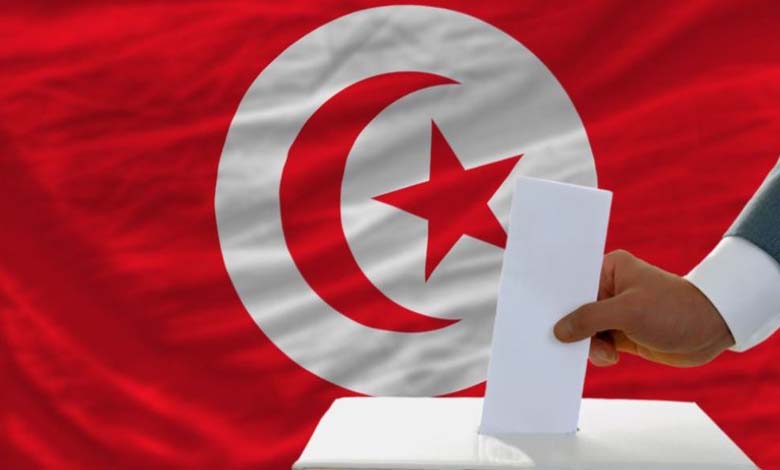Muslim Brotherhood Practices: Spread of Fake Accounts in Tunisia to Influence Elections

As the Tunisian presidential elections approach, politically charged pages have appeared on social media. Some openly support President Kaïs Saïed, while others call for rebellion and rejection of the current system, with observers believing these pages are financially backed.
-
As the election date approaches… Muslim Brotherhood in Tunisia intensifies efforts to disrupt
-
Who is Noureddine Bhiri, the mastermind of the Muslim Brotherhood in Tunisia, accused in the travel case after being sentenced?
Muslim Brotherhood Lies
Tunisian press reports have revealed that these pages bear the mark of the “Instalingo” gang, supported by the Muslim Brotherhood, with some of its members previously arrested for spreading misleading content on social media. This reinforces suspicions about an organized network behind these online campaigns.
False Content
Osama Oueidat, a Tunisian political analyst and leader of the People’s Movement of Tunisia, stated that the strategy of these pages revolves around disseminating false and misleading content through synchronized videos and posts, repeated intensively to cement targeted ideas and attract a large following. He added that these methods were previously used by former political regimes during the “Black Decade,” a period characterized by intense political confrontations and the division of Tunisians, leading to the downfall of several governments and political figures.
-
Muslim Brotherhood Practices: Spread of Fake Accounts in Tunisia to Influence Elections
-
Tunisia’s Muslim Brotherhood and the Elections: Presidential Messages Expose Efforts to Gain Foreign Support
He further noted, in a statement to Al Arab Mubasher, that despite the involvement of various actors in these campaigns, they all share the same goal: steering public opinion against President Kaïs Saïed and the July 25 process, which has deeply undermined their political and financial interests, as well as their influence networks within the state.
He explained that these groups have lost their influence in local media, especially after several journalists loyal to them were arrested. As a result, they have turned to social media as a primary tool to influence public opinion.
-
In the Presidential Elections… Tunisia Crushes the Hopes of the Muslim Brotherhood
-
3 Years Since the Overthrow of the Muslim Brotherhood’s Rule: Tunisia Steadily Marches Towards the Future
He also pointed out that these platforms are easily managed from abroad, making it difficult to identify the page administrators and content creators, which makes them the preferred option for those outside Tunisia, seeking to escape legal judgments or avoid justice.
The electoral commission accepted the files of three candidates for the presidential elections: Secretary-General of the People’s Movement Zohair Maghzaoui, current President Kaïs Saïed, and former leader of the Tahya Tounes party Aïachi Zammel.
-
Tunisia’s Muslim Brotherhood continues spreading rumors to disrupt the electoral process… What’s new?
-
43 years of “blood and terrorism”: Tunisia’s Muslim Brotherhood “on their last breath”
Fourteen candidacies were rejected for various administrative reasons, while six candidates whose files were rejected lodged appeals with the administrative court, including the president of the Free Destourian Party Abir Moussi, political activist Mondher Zenaidi, former Minister of Education Naji Jalloul, Secretary-General of the Labor and Achievement Party Abdellatif Mekki, head of the Monitoring Observatory Emad Daïmi, and candidate Bachir Al-Ouani.












